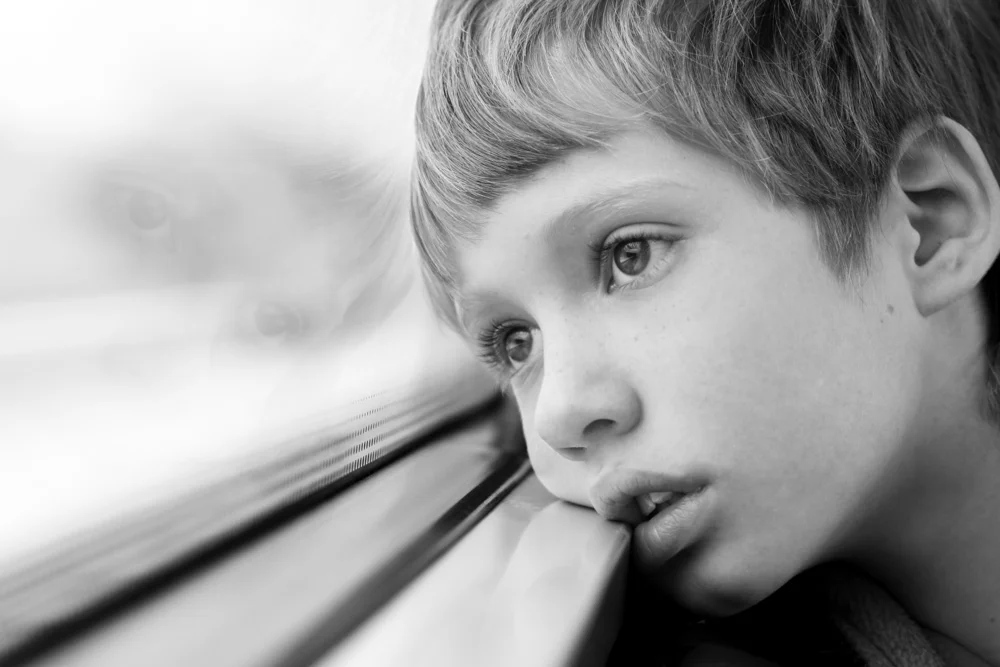Why do we get bored?
/This article on boredom was written by Palmeira Practice counsellor Shelley Holland.
We’ve all had an uncomfortable experience of being bored. It is both emotionally and physically painful. It is that frustrating, gut churning, heart-thumping, angry and often overwhelming feeling we get when stuck in a situation that we have no control over, like waiting for a train that is delayed, or being stuck in a lecture that is of no interest and seems to be dragging on.
The emotion of boredom
There has been very little research on boredom as an emotion, yet all of us experience it to one degree or another. However some people have a very low tolerance to boredom and find themselves being bored a lot. Alongside shame (another much under researched emotion), boredom is one of the most difficult emotions to experience and it’s not surprising that those who struggle with boredom continually seek ways to rid themselves of it.
All of us get bored. Whilst it's a very under researched emotion, it's important to explain why it happens and what we can do about it.
People who struggle with boredom tend to seek out ways of behaving to relieve them from boredom that are risk taking or thrill seeking and, in some case, dangerous. They may take risks with money, relationships, sex, drugs, they may overeat, drink too much, and are probably more prone to accidents than most people as they can end up in risky and dangerous situations.
Why do we get bored?
Research suggests that this is because boredom is a problem with attention (problems with focusing), and with ‘arousal’ (in psychology speak). In this context ‘arousal’ means emotional arousal, either hyper-arousal (high) or hypo-arousal (low).
People who experience high arousal levels might be experiencing symptoms that range through anxiety, racing thoughts, impulsivity, manic-ness, or agitation and jitteriness.
Low arousal people may experience feelings of numbness, passivity, being disconnected or shut down, for example.
All of us are on this spectrum of high/low arousal somewhere, and we may move up or down this spectrum through life. People who are on the lower end of the arousal/energy scale tend not to experience boredom very often. Control is also a factor. We are more likely to be bored in situations in which we have little or no control (like waiting for a delayed train to arrive). In this situation we have little agency to change what is going on.
So boredom occurs when someone with a high level of energy and arousal levels finds themselves unable to settle at a task or activity. They are almost too jittery to settle, and are left in a desperate state of wanting with no relief available. In the quest to alleviate the uncomfortable feelings of boredom people seek out experiences and activities to counteract their feelings, hence the move toward risky or dangerous activities. It works for a while, but the body and mind are now being topped up with even more arousal inducing experiences so that the individual’s levels of anxiety, impulsivity and agitation actually increase over time rather than decrease. More and more thrill seeking activities are sought out to counteract the frustrated energy levels and uncomfortable feelings, which only serves to make the problem worse over time. In some people this persistent emotional arousal can lead to more severe mental health difficulties.
How do we cure boredom?
The problem of boredom is therefore seen to the sufferer as a problem to which there are solutions in the environment, in the world around us. The sufferer believes that getting a new job/relationship/car will make things better, or that taking on more and more ‘exciting’ activities will be the cure for the terrible feelings of boredom.
The obvious answer isn't the solution: engaging in exhilarating activities can actually make boredom worse.
Looking inwards
Research suggests that the solution is actually in the opposite direction. Studies on both boredom and the human autonomic arousal system suggest that counteracting high arousal levels is best done by methods that slow down the arousal rate, so activities such as relaxation, meditation or mindfulness for example. In addition, that the focus of attention should be inside, not outside in the environment. Boredom when used well can be an amazing springboard to creativity. Bored people who use their boredom well get creative and inventive!
Importantly research has shown that boredom is a reminder that life can be meaningless and can be seen as a trigger for us to look inward and to find out our meaning or purpose in life. With an understanding of our true purpose in life, and lower arousal levels boredom could be an occasional experience rather than the destructive life driver that it is for some people.
This article was written by Palmeira Practice counsellor Shelley Holland. If you're struggling with issues around boredom, counselling can help you better understand how to overcome this problem. Contact Shelley Holland via our contact form.






